|
48 scholarships available at Tangente Festival For “Art of Community” summer school camping from June 28th to July 7th, 2024 Open call open until May 12, 2024 “Art of Community” is TangenteSt’s summer school camping. Pölten – Festival for contemporary culture and is aimed at young professionals from the areas of art, curation, mediation, activism and social work who are interested in community work and/or are already doing community work. In addition to communal camping, grilling, cooking and eating as well as visits to Tangente events, “Art of Community” offers four laboratories with experts who provide deep insights into community and art projects. Answers to questions of representation, concern and ability to act are sought here. In addition, skill-sharing opportunities are created and spaces are opened for conversations and discussions with local and international experts. If you feel addressed, apply by May 12, 2024 At: [email protected] With a letter of motivation and a CV and choose 2 laboratories (preference 1 and 2, you will then only visit 1 laboratory) Labs to choose from
For further information about the call, visit us on our homepage at https://www.tangente-st-poelten.at/de/news/open-call-48-stipendien-zu-verhaben/385 Or download the information PDF in the attachment.
📢 Join us for an Emancipatory and Empowering Event! 🎤🎨
🎉 Workshop | Talk Session | Podcast Production 🎧 🗣️ "Black Cultural Journalism: Linking Art and Activism with Dope Black Arts in Hamburg" 🗓️ Date: 23.01 2024 and 06.02.2024 📍 Location: MIGRANTPOLITAN - KAMPNAGEL - Jarrestrasse 20, 22303 Hamburg Germany Are you a BIPoC artist or a new media maker? 🎨📲 This is your opportunity to be part of a groundbreaking event that celebrates the intersection of art and activism within the vibrant world of Black Cultural Journalism! 🔥 What to Expect 🔥 🎙️ Engaging Talk Session: Hear inspiring stories and insights from renowned artists and media creators who have been actively shaping the landscape of black culture in Hamburg. 🖌️ Interactive Workshop: Participate in hands-on activities and discussions, fostering collaboration and creativity while exploring the power of journalism in portraying diverse perspectives. 🎧 Podcast Production: Be part of our special podcast episode, where you can share your experiences and thoughts on the dynamic relationship between art and activism. 🌟 Why Attend? 🌟 At this event, we aim to create a space where your voices can be heard, your stories can be told, and your art can shine brightly! 🌠 Embrace the power of "Dope Black Arts" as we pave the way for transformative change and representation. 🤝 This event is open to all BIPoC artists, activists, and media enthusiasts who wish to celebrate diversity and strengthen the bond between art and social justice. 🎟️join us in building a more inclusive and empowered community through Black Cultural Journalism. 📲 Spread the word and share this flyer with your friends who would love to be part of this movement! Let's make a difference together! 🙌 Funded By: Behörde für Kultur und Medien Hamburg - Förderung Interkulturelle Projekte #DopeBlackArtsHamburg #ArtAndActivism #BlackCulturalJournalism #EmancipationEvent Explore the World of Football with MIGRANTPOLITAN MOSAIK FC!
DIVE DEEP into the heart of German society and beyond, where football is more than just a game—it's a cultural phenomenon Introducing MOSAIK FC Come what may, football is an omnipresent force, uniting people across social classes and cultures. Join us on a journey that goes beyond the pitch, as Migrantpolitan dissects the cultural and political layers surrounding the beautiful game. Starting December 2023 till 2024, witness thought-provoking Talk sessions, electrifying music performances, exclusive insights into Euro 2004 venues, and entertaining formats, all in our weekly prime-time video episodes and Podcast. 🎥 What to Expect: 🗣️ Freestyle Talk Sessions 🎵 Music Performances 🏟️ Euro 2004 Venue Insights 🤩 Entertainment Formats 👇>>>>>>>👇>>>>>>>>>>👇>>>>>>>>>>>>>>>>>>>>>>>>>>👇 Ep1- PROTEST AND FOOTBALL:" Unfiltered Conversations" with Guest Discussant: 1.Bernd Kroschewski A.k.a Bonie – Football Fan / Xpert -Hamburger SV. 2.Miguel Martinez – Football Activist Fc St Pauli 3.Bakary Kamara a.k.a Bax – Ex-Gambian Footballer / Arts Scholar 4.Holger Schegum a.ka Holi – Football Activist Date: 28.11.2023 Time: 20:00Hr Venue: Kampnagel -KX Subscribe to Mosaik.FC on YouTube for a front-row seat to this unique project! YouTube.com/Mosaik.FC Stay Tuned, Engage, and Uncover the Power of Football! #Migrantpolitan #MOSAIKFC #FootballCulture #BeyondThePitch ENG
Join us and Discover the Power of Media Skills! In a world dominated by deep fakes, chat GBT, and DALL E generated images, it's crucial to develop the skill of questioning digitally generated realities. That's why we're thrilled to announce our upcoming workshops on media skills! Aimed at young people with a refugee/migration background, these workshops address the pressing issue of "algorithmic bias" affecting their lives. We believe everyone should understand discrimination generated by artificial intelligence, such as racial profiling. Gain essential knowledge and insights on protecting your privacy and safeguarding yourself online. Learn to navigate the complex digital landscape with confidence! Stay tuned for further updates and be ready to embark on an empowering journey! Together, we can challenge biases and create a safer digital world. Spread the word and join us! #MediaSkillsMatter #Empowerment #DigitalRights 🗓️ Date: 29.08.2023 12.10.2023 14.11.2023 12.12.2023 ⏰ Time: weekend 11:00 am - 13:00 pm week days: 14:00 - 16:00 pm 📍Location: 1. Migrantpolitan - Kampnagel, Jarrestraße 20 22303 Hamburg 2. FSK | Freies Sender Kombinat, Valentinskamp 34a 20355 🔖 Admission: FREE🆓 DE: Lerne, Medienkompetenz zu stärken! In Zeiten von Deepfakes, Chat GBT und DALL E generierten Bildern wird die Fähigkeit, digitale Realitäten kritisch zu hinterfragen, immer wichtiger. Unser Workshop richtet sich speziell an junge Menschen mit Flucht-/Migrationshintergrund, da sie besonders von "algorithmischer Voreingenommenheit" betroffen sind. Der Workshop vermittelt ein Verständnis für Diskriminierung, die speziell von künstlicher Intelligenz generiert wird (wie etwa rassistisches Profiling) und bietet grundlegende Kenntnisse zum Schutz der eigenen Privatsphäre. Bald verfügbar! Stay tuned! #Workshops #Medienkompetenz #SchützeDeinePrivatsphäre #Zukunftsgestalter Funded By: GLS Treuhand "FOND AUF AUGENHÖHE" Join us for a unique session with the Refugee Radio Network titled TALK & CHOP!
🌍✨ In this captivating event, we'll come together to talk, cook, eat, and most importantly, connect with one another. 🌱The session, we will explore the question: How can we use our resilience as marginalized artists to sustainably open community spaces to diverse audiences? We will share our experiences and challenges of creating artistic-activist projects that do not compromise on our values and identities, but also invite dialogue and collaboration with the majority of society. Come and be part of this inspiring and delicious conversation! 🗓️ Date: 29 August 2023 ⏰ Time: 18:00 - 20:00 📍 Location: Migrantpolitan - Kampnagel Kulturfabrik, Jarrestraße 20 22303 Hamburg 🔗 Stay tuned RSVP-(CLOSED EVENT) TALK & CHOP – where conversation, cooking, eating, and connection converge! 🍽️🔌✨ #TalkAndChop #RefugeeRadioNetwork #ConnectThroughArt Media Literacy Workshop with the Topic: Racism and information pollution in the Media” as part of the Project "FSK rassismuskritisch und inklusiv gestalten
" FSK racism-critical and inclusive" Objective: The Workshop will examine Racism and information pollution in the media and will;
Venue: Freies Sender Kombinat Valentinskamp 34a (Gängeviertel) 20355 Hamburg Claiming Common Spaces V: No One's Land takes place from February 9th to 12th, 2023 in the Künstler*innenhaus Mousonturm in Frankfurt am Main on the topic of the future of internationality. The fifth edition focuses on the inter -state of nations - borders and border areas - as well as on communities that are not organized as national states. In performances, panels, concerts and workshops, activist, scientific and artistic approaches explore possibilities of international coexistence beyond national principles.
CCS V COMMUNITY OF PRACTICE Residency Format With an artist-in-residence program, "No One's Land" asks about the possibilities and forms of sustainable global cooperation on an equal footing. How can the exchange of actors in the so-called global south be promoted? And how can local contexts be strengthened internationally? For eight days (February 6th – 13th), the residents in Frankfurt will come together as a “community of practice” to try out how international networks, existing and new alliances can be designed based on a variety of different conditions and structures. Each alliance house has nominated an artistic position for the residency program.With Carlos Martínez, Idylla Silmarovi, Grzegorz Laszuk, Larry Macaulay, Mira Todorova, Andrei Zavalei, Venuri Perera. Direction: Eisa Jocson For More Details: http://bit.ly/3WexVFe The Gathering of Desires: Rethinking Socioculture
What defines socioculture today? And how should it develop? It's time for a redefinition, we thought when we started the idea of remeasuring our work in 2019. We asked ourselves and others what values and principles we can agree on, what socioculture means in the 21st century. We would now like to continue on this path with an explorative and creative future congress: the assembly of wishes. workshop: Perform it until you make it Language: English & German This workshop introduces the working methods of Migrantpolitan: It is about the fine art of self-assertion and the appreciation of the always systemically forced creativity of migrants. These elements form the basis for the empowering art concept of Migrantpolitan: Perform it, till you make it. Using various examples from the practice of migrant politics (online soaps, fashion labels, legal counsel, art school, Solicasino, etc.), Nadine Jessen and Larry Macaulay invite you to reflect on the power and impotence of art. LINK: http://bit.ly/3IRYkWh Tuesday, 19 October 2021, from 01:00 pm to 04:00 pm.
Track 4: “Combatting hate speech against refugees and migrants through interreligious and intercultural dialogue” Supporting active participation of refugees and migrants may be a less effective at creating inclusive and cohesive societies as long as intolerance, hate speech, negative stereotypes and prejudices towards newcomers prevail in public discourse. The main focus of this track will be the efforts to counter rising levels of hate speech through interreligious and intercultural dialogue, in order to strengthen social cohesion in Europe. The specific focus of the track is on the field of education and on how governments can guide the educational space to counter hate speech by using dialogue as a tool. World Café
Fostering media and information literacy - Community media projects organized in cooperation with CMFE Community Media Forum Europe Friday June 11 from 14:00 to 15:20 Follow conference via LIVESTREAM: 10 JUNE - 11 JUNE (World Café 2) Moderator: Martina Chapman, Independent consultant in Media Literacy and Digital engagement, coauthor, Council of Europe study on “Supporting quality journalism through media and information literacy” Panelist:
|
AuteurRefugee Radio Network Archieven
April 2024
Categorieën |
||||||

This work is licensed under a Creative Commons Attribution-NonCommercial-ShareAlike 4.0 International License.
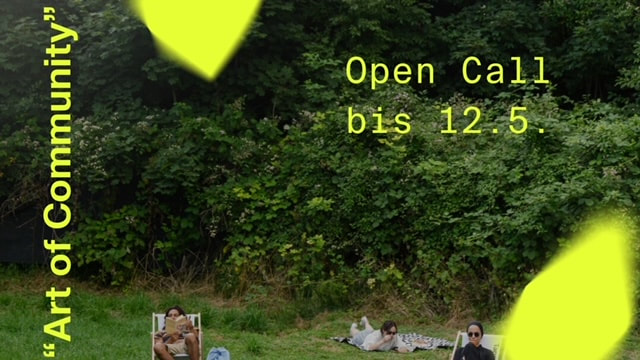
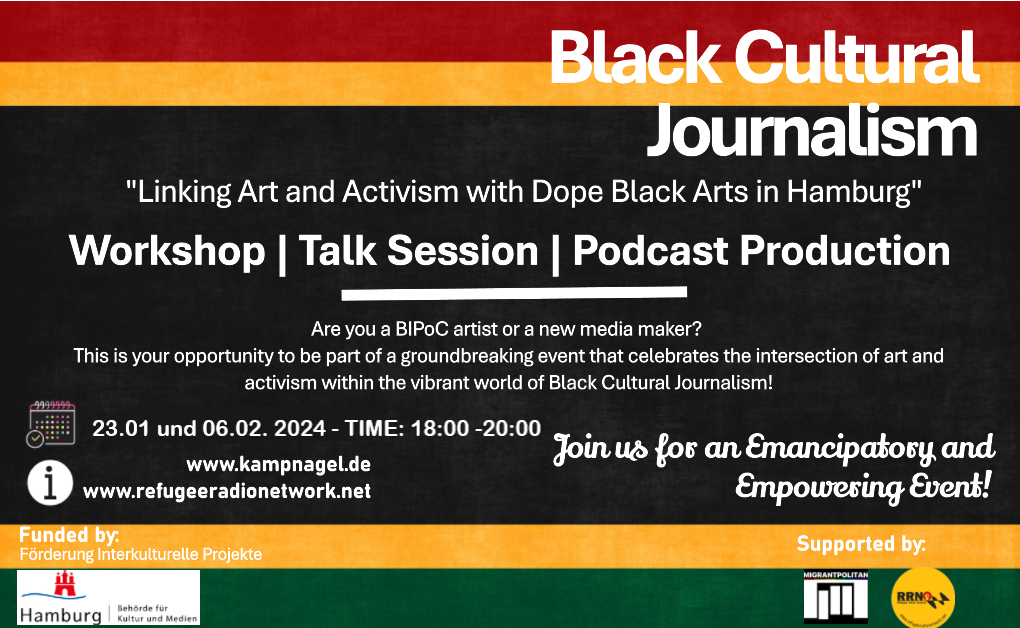

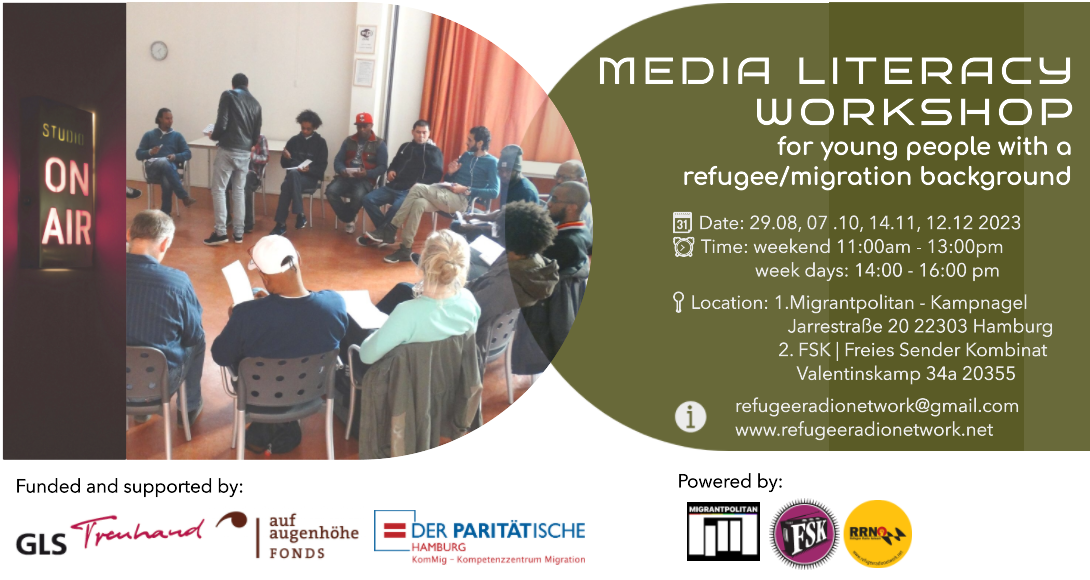
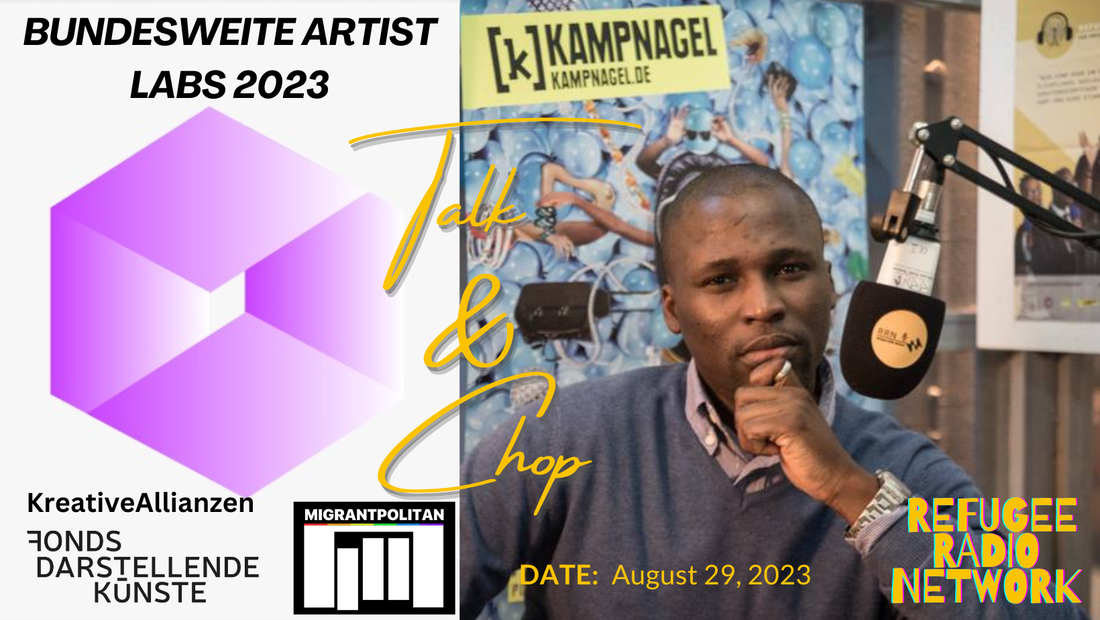
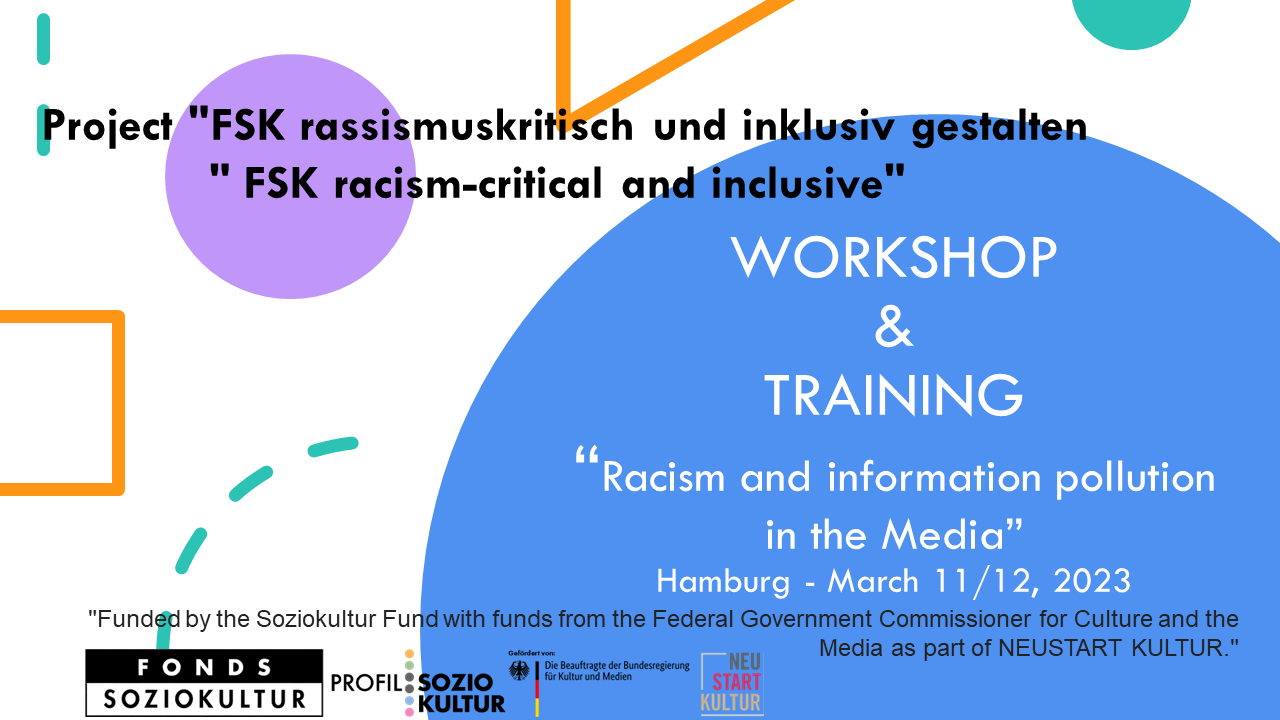
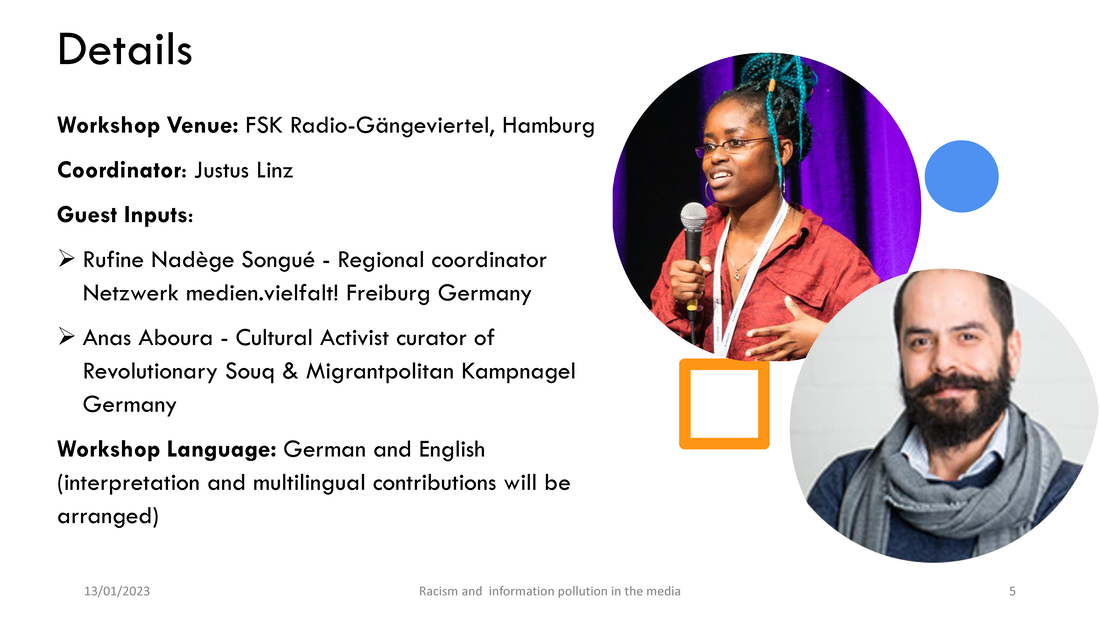
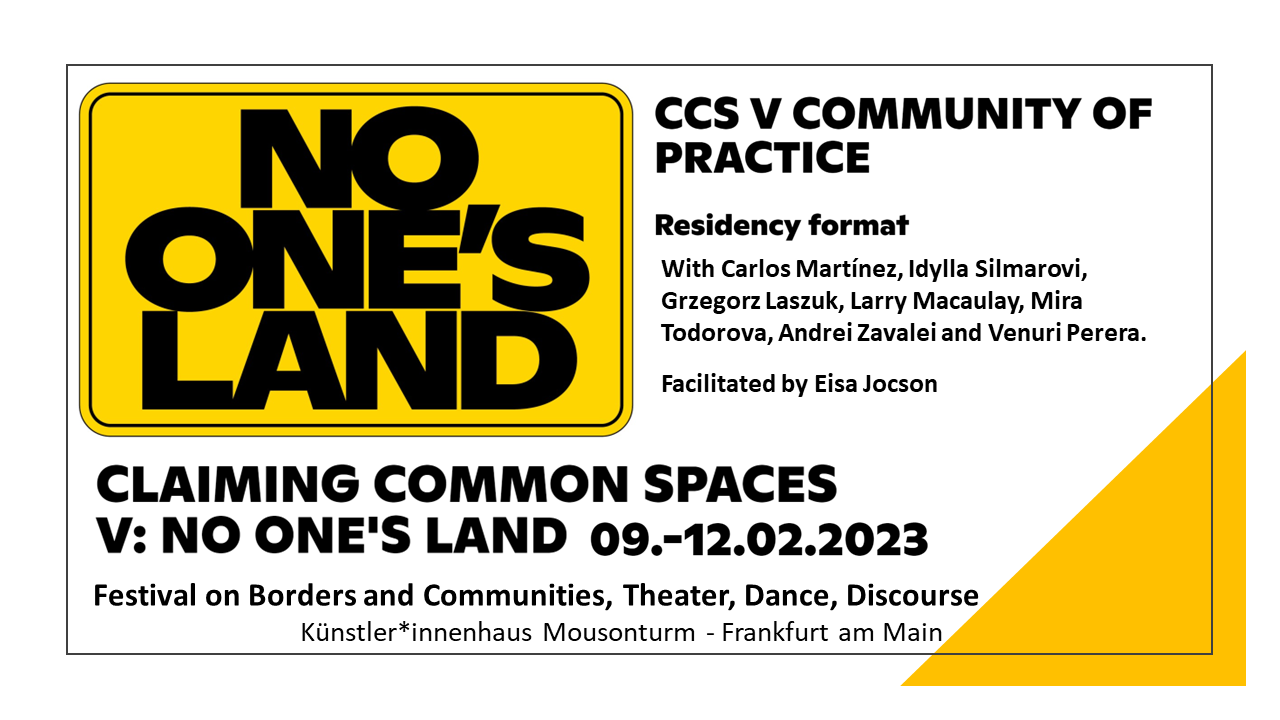
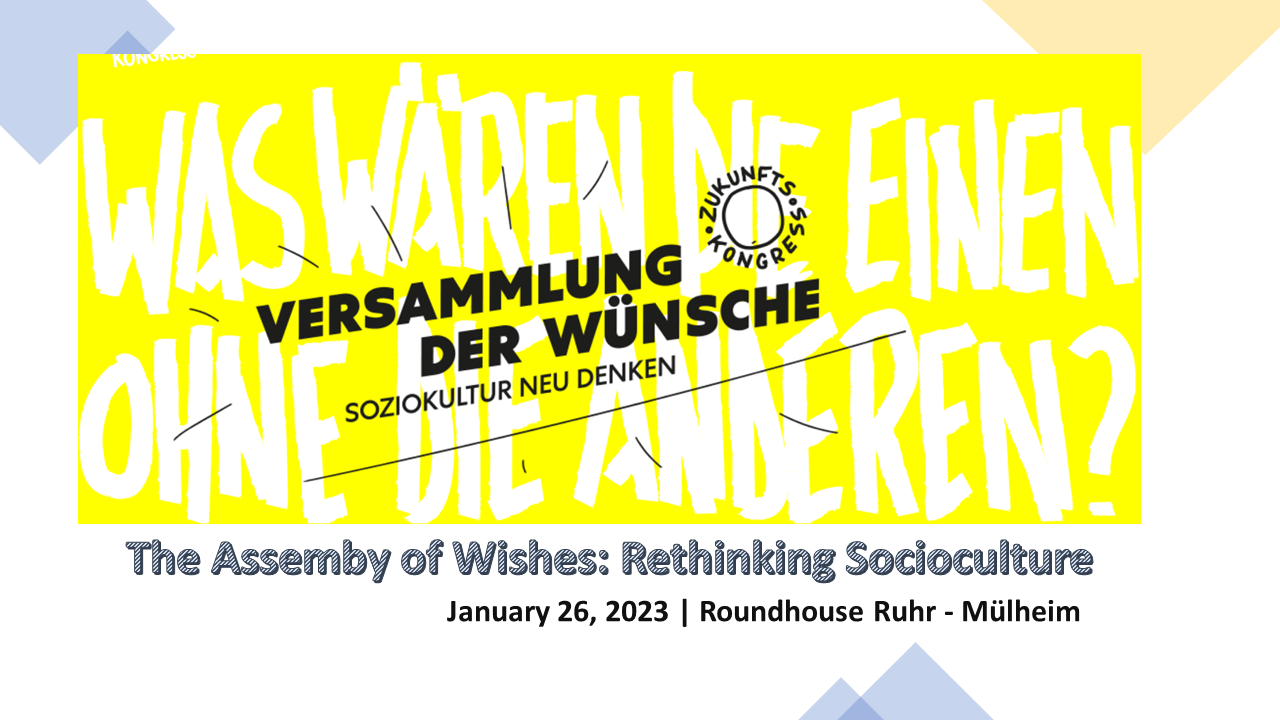
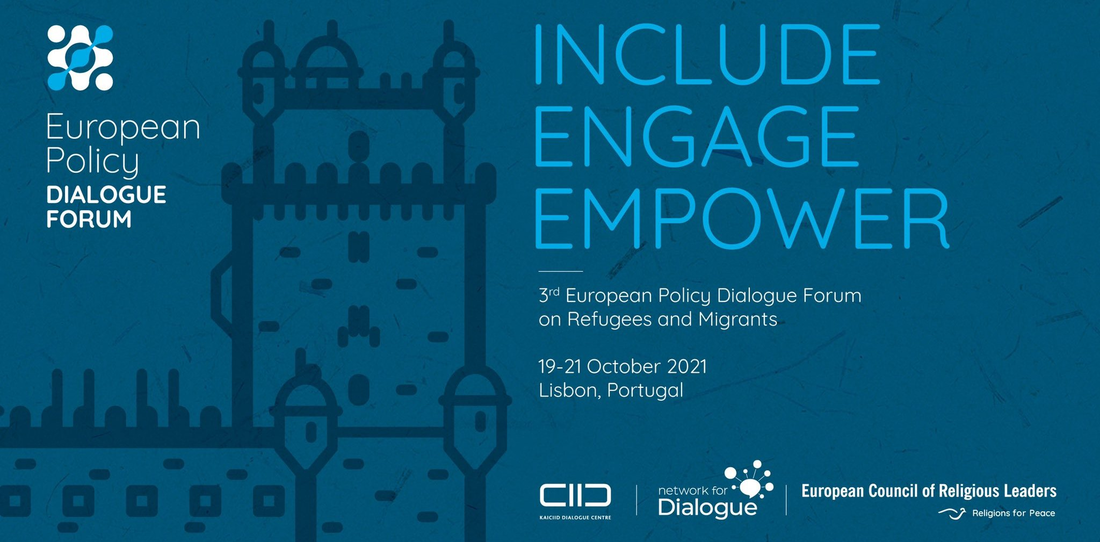
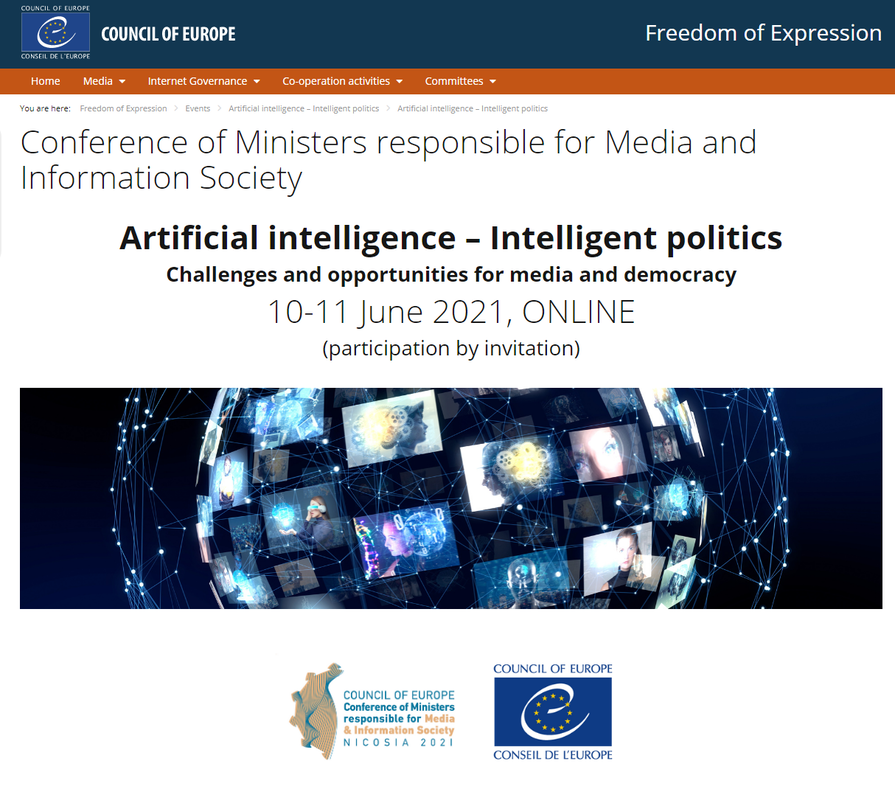
 RSS Feed
RSS Feed